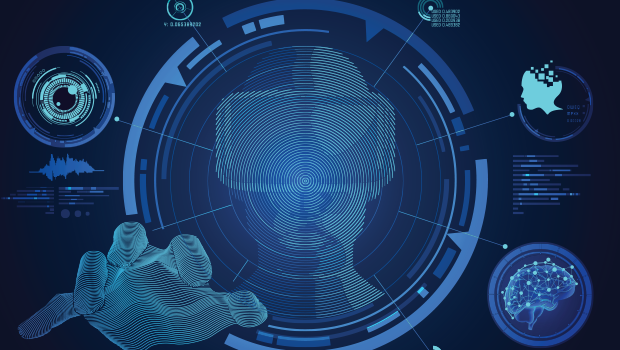
This presentation provides an overview of how the coming wave of Virtual Reality and Augmented Reality, Machine Learning and Biosensing Technology are converging, and elaborates how this convergence will impact clinical care, disability solutions, and personal health and wellness.
Although entertainment, social connection, and gaming is driving the initial adoption of VR and AR technology, the deepest and most significant impact of the next generation of VR/AR technology will be to enhance clinical care and to improve personal health and wellness. VR and AR technology will also help facilitate the shift of medicine from clinic-based care to telemedicine based care, and to facilitate personalized medicine.
We know from decades of clinical research that VR/AR technology can provide breakthrough solutions that address the most difficult problems in healthcare – ranging from mood disorders such as Anxiety and Depression to PTSD, Addictions, Autism, Cognitive Aging, Stroke Recovery, and Physical Rehabilitation, to name just a few.
VR and AR Systems can be used to improve medical training such as surgical skill training and procedure planning by applying simulation-based learning principals. Personal health and wellness will be improved by using VR to promote healthy lifestyles and to reduce stress and anxiety.
VR/AR technology, when combined with Machine Learning and Biosensing technology can be used to improve clinical measurements and assessments by making them more objective and functional. As the cost of healthcare rises, this confluence of emerging technology will be used as the foundation for next-generation telemedicine platforms to reduce costs of care delivery, improve clinical efficiency, and reach previously underserved populations.
Images are licensed under Creative Commons License.

